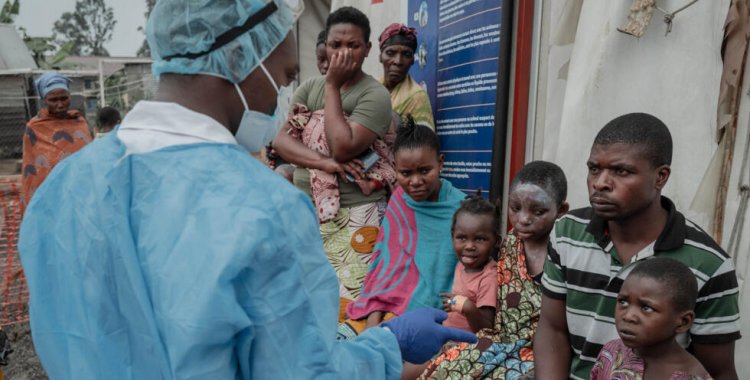Cabinda's provincial health secretary, Rúben Buco, reassured citizens, stressing that 24 hours after sending the samples to Luanda, the test results did not confirm the suspicions.
Speaking to Public Television, Rúben Buco said that the patient is stable and remains hospitalized in a health center, where isolation conditions have been created.
The person in charge stated that the said patient, two days before being admitted to the hospital, had gone to a private health unit, where an intramuscular injection was administered, with medication that he did not know needed, which would have caused an allergic reaction, "with itching and concomitantly with the formation of bullous spots".
Rúben Buco highlighted that the province has intensified prevention measures, reinforced on Saturday with the presence of a team from the Ministry of Health from Luanda, which this Monday carried out inspection visits at the entry points of Cabinda, on the borders of Yema and Yabi, with the Democratic Republic of Congo (DRCongo).
Angola has not recorded any cases of mpox since the presence of this disease was announced in neighboring DRCongo.
The Ministry of Health announced that it maintains an active state of alert, to prevent the introduction of mpox in the country, after a public health emergency was declared by the African Union and the World Health Organization.
Caused by the mpox virus, the disease affects humans and other animals. The initial symptoms are fever, headaches, muscle pain, enlarged lymph nodes and fatigue.







